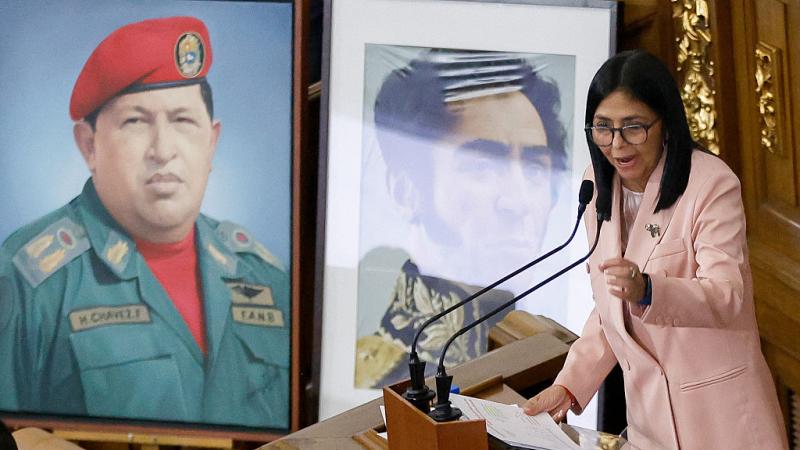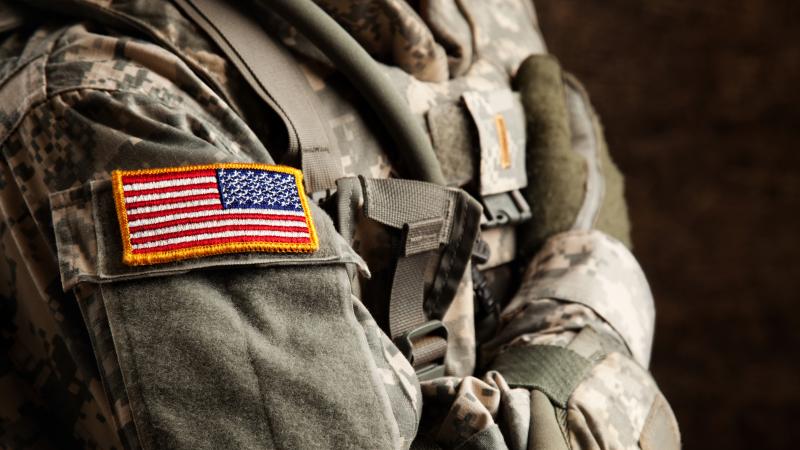India and Pakistan are both armed with nuclear weapons and on the brink of war after Kashmir attack
"We are reaching out to both parties, and telling, of course, them to not escalate the situation," a State Department spokesperson told Reuters. The two nations have had an acrimonious relationship since 1947, when Pakistan separated from British India and became an independent nation.
An April 22 terrorist attack in the disputed region of Kashmir appears to be the spark that may ignite a renewed conflict between India and Pakistan as Islamabad warns of an impending Indian incursion. Such a conflict could add another layer of chaos to a world that has seen the return of large-scale conventional warfare and complicate President Donald Trump’s efforts to negotiate trade agreements with both nations.
At least two dozen people were killed by gunmen who opened fire on a group of domestic tourists visiting a popular beauty spot in Indian-administered Kashmir, authorities told the BBC. The attack took place in Pahalgam, a picturesque town in the Himalayas often described as the "Switzerland of India".
Pakistan on Tuesday claimed it shot down an Indian quadcopter drone along the Line of Control (LOC) which denotes the practical control of territory by both nations. Unconfirmed reports of minor border skirmishes have also surfaced on social media and the situation appears serious enough to attract the intervention of Washington. Both powers maintain significant nuclear arsenals and have previously flirted with a nuclear exchange, though such a move would almost certainly result in hundreds of millions of deaths, especially in light of the high populations of both nations.
"We are reaching out to both parties, and telling, of course, them to not escalate the situation," a U.S. State Department spokesperson told Reuters.
Ramping up or just saber rattling?
India closed its airspace to Pakistani aircraft on Wednesday, with the government setting the ban to last through May 23, Reuters reported. Amid speculation about a possible conflict, the Pakistani government has added some credibility to the concern, with Defense Minister Khawaja Muhammad Asif announcing that he had taken steps to prepare for an Indian attack.
"We have reinforced our forces because it is something which is imminent now. So in that situation some strategic decisions have to be taken, so those decisions have been taken," he told Reuters.
The timeline for a war remains unclear, though Pakistani Federal Minister for Information and Broadcasting Attaullah Tarar claimed on X that it had “credible intelligence” that India would strike within the next 24–36 hours.
“Unfortunately, India has chosen to follow the path of irrationality and confrontation, which will lead to disastrous consequences in the region and the world,” he said. Outside observers appear to concur about the prospect of armed conflict, with Polymarket currently posting 62% odds of an Indian incursion before June. Polymarket is a decentralized prediction market where users can wager on the outcome of future events, including political, sports, pop culture, and business-related happenings.
Indian Prime Minister Narendra Modi this week granted the Indian military complete freedom to respond to the terrorist attack as it saw fit.
"PM Modi expressed complete faith and confidence in the professional abilities of the Indian armed forces. The Prime Minister said that they have complete operational freedom to decide on the mode, targets, and timing of our response,” The Times of India and PTI reported Tuesday.
India has been no stranger to border conflicts in recent years and, in 2020-2021, squared off with China over their disputed border in the Himalayas around Pangong Tso and the Galwan Valley. That conflict remained low-key and saw combatants clash with primitive weapons such as rocks and clubs. Conflict with Pakistan, however, appears poised for a more modern war.
History of acrimony and border disputes
Control of the Kashmir region has long been contested between India, Pakistan, and China, though the former two control the lion’s share of the region. It was historically part of the British Empire, but became the focal point of conflict after the 1947 partition of India and Pakistan, which had waged multiple wars over the region.
India and Pakistan last fought to a meaningful degree in 1999 in what is now known as the Kargil War, during which they fought for control of a district of the same name. Speaking to reporters this week, President Trump pointed to the longstanding nature of the conflict when discussing his relationships with both nations.
“I am very close to India and I’m very close to Pakistan as you know and they’ve had that fight for a thousand years in Kashmir,” Trump told reporters. “There’ve been tensions on that border for 1,500 years… there’s great tension between Pakistan and India. There always has been.”
India and Pakistan, in the modern sense, have not existed as sovereign nations for that long, though Trump’s broader point about the region being a focal point for tensions rings true. Notable conflicts in the general area include the Seleucid-Mauryan War, the Sassanid-Kushan Wars, the Islamic conquests, and the Anglo-Afghan Wars.
By the numbers
The nuclear-armed nations boast comparable nuclear arsenals. Islamabad currently maintains 170 nuclear weapons compared to India’s 164, according to the Center for Arms Control and Non-Proliferation. Officially, India maintains a no-first-use policy, though that does not necessarily mean that military conditions could alter that stance.
On paper, India appears favored to win a non-nuclear conflict with Pakistan based on the size of their respective militaries. New Delhi currently boasts 1.46 million active military personnel and 1.16 reserve troops.
Pakistan, meanwhile, boasts 654,000 active personnel and 550,000 reserve personnel, handing India a near three-to-one advantage in that respect. But Pakistan would presumably be on defense in the event of an Indian incursion and the home field advantage could play a role.
The Facts Inside Our Reporter's Notebook
Links
- terrorist attack
- authorities told the BBC
- claimed it shot down
- Unconfirmed reports
- told Reuters
- terror attack
- Reuters reported
- he told Reuters
- he said
- Polymarket
- PTI reported
- Kargil War
- Trump told
- Center for Arms Control and Non-Proliferation
- 1.46 million active military personnel
- 654,000 active personnel














